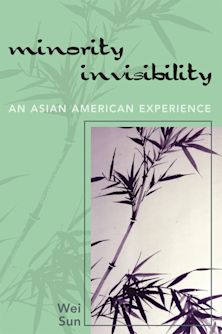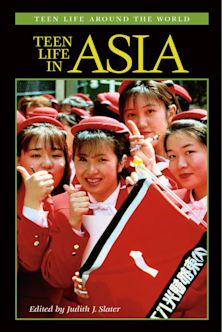- Home
- ACADEMIC
- Asia Studies
- Asian Studies - Other
- Villages Astir
Villages Astir
Community Development, Tradition, and Change in Korea
Villages Astir
Community Development, Tradition, and Change in Korea
This product is usually dispatched within 10-14 days
- Delivery and returns info
-
Free UK delivery on orders £30 or over
You must sign in to add this item to your wishlist. Please sign in or create an account
Description
Villages Astir deals with Korean rural communities that have been influenced by two civilizations: Confucian, with its emphasis on communal values and cooperation within the group, and Western, with its emphasis on the individual. Authors Turner, Hesli, Bark, and Yu focus on the changing patterns of attitudes and behavior of the rural people at two points of time covering the period when a government-sponsored program of community development (the Saemaul Undong) was a viable institution. The Saemaul program was designed to encourage people in their communities to increase their productivity and thereby improve their living standards. The study assesses the impact of the program in villages where the communal ties of Confucianism are still noticeable, in contrast with more loosely-knit settlements where the forces of individualism are stronger. As a point of comparison, the authors also examine differences between the villagers and rural migrants living in two districts of Seoul.
An introductory chapter presents the major political developments and cultural features in Korea from the Yi dynasty through the Roh regime. In setting the stage for the interpretation of survey interview data, the authors present election statistics and economic indicators for each of the villages under consideration. They examine the influence of monetary incentives and state subsidies as inducements for the acceptance of community development schemes. Villages Astir is unique in its study of attitudinal and behavioral responses to agents of change as these interact with persistent traditions. Also included is an analysis of the effects of modern community and urban experience on political participation. Recommended for Asia scholars and development specialists.
Table of Contents
The Research Terrain
Historical Backdrop
The Saemaul Undong (New Community Movement)
Profiles of the Villages
Villages in Transition: Changing Attitudes and Behavior During the Effective Life of the Saemaul Movement
The Mass Media and Traditional Communication Channels: Contrasting Patterns
Socio-Demographic Attributes and Individual Attitudes as Constraints upon Behavior
Korean Villagers and Their Urban Cousins
The Findings in Retrospect and Prospect
Product details
| Published | 30 Mar 1993 |
|---|---|
| Format | Hardback |
| Edition | 1st |
| Extent | 368 |
| ISBN | 9780275943721 |
| Imprint | Praeger |
| Dimensions | 235 x 156 mm |
| Publisher | Bloomsbury Publishing |


































